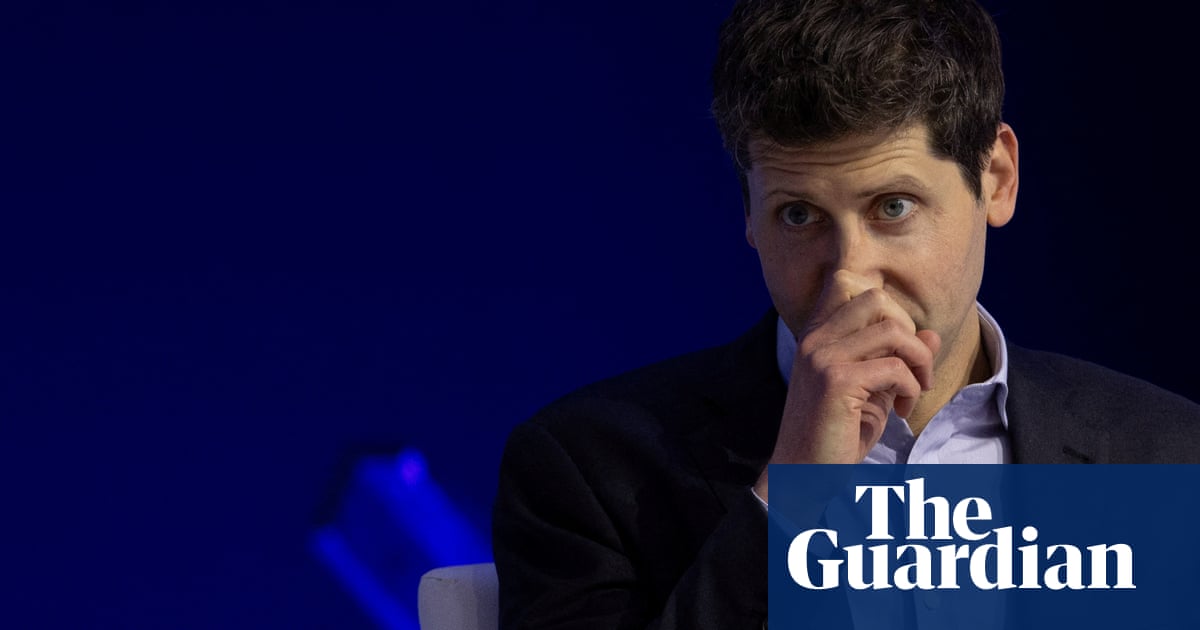The technology sector was taken aback by the unexpected dismissal and subsequent rehiring of the formidable CEO at OpenAI this year. This incident reverberated beyond the confines of the company, shedding light on the nascent stage of the AI industry and Silicon Valley’s relentless pursuit of leadership, while also raising serious concerns about system security.
“The current state of Artificial Intelligence is rather immature,” remarked Rayid Ghani, a professor of machine learning and public policy at Carnegie Mellon University. He pointed out the absence of stringent requirements, professional oversight, and formal credentials in the field. Ghani emphasized that the decisions and internal standards set by a handful of individuals wield disproportionate influence over the AI landscape.
The clash between OpenAI’s board of directors and Sam Altman erupted when Altman was ousted as CEO for alleged lack of transparency in his interactions with the board. Even Microsoft, the primary stakeholder in OpenAI with investments exceeding $13 billion, was caught off guard by the sudden announcement.
Following Altman’s removal, Emmett Shear, the former CEO of Twitch, was appointed as the interim CEO, succeeding Mira Murati, who then served as the company’s chief technology officer. However, Altman swiftly returned to lead a new artificial intelligence initiative at Microsoft, marking a swift turn of events.
The internal strife at OpenAI, culminating in Altman’s reinstatement, underscored the significance of individual quirks and idiosyncrasies among AI pioneers, especially in anticipation of potential regulations governing AI development.
The UK’s Department for Science, Innovation, and Technology refrained from commenting on the implications of OpenAI’s turmoil on future AI regulations. Similarly, the White House remained silent on the matter. Nonetheless, bipartisan efforts to introduce regulations ensuring the safety and efficacy of AI products have been proposed by Senators Richard Blumenthal and Josh Hawley.
Ghani stressed the importance of regulatory frameworks to shield consumers and products from the repercussions of executive disputes in a maturing industry. He emphasized the need for collective responsibility in shaping the future of AI, cautioning against overreliance on individual figures to represent the diverse field.
The episode at OpenAI also underscored the opacity surrounding decision-making processes within the company, raising concerns about the development of cutting-edge AI technologies by a select group behind closed doors. Ghani highlighted the lack of transparency in the modifications to AI models like ChatGPT and Dall-E, emphasizing the necessity for public oversight and quality control mechanisms in AI development.
Experts advocated for legislation mandating AI manufacturers to demonstrate the safety and efficacy of their products akin to pharmaceutical industry standards. The power struggle at OpenAI exemplified the challenges posed by commercial interests and internal conflicts in shaping decisions critical to the future of AI systems.
The ideological divide between “accelerationists” and “decelerationists” within OpenAI, with Altman representing the former, mirrored broader debates on the pace and regulation of AI advancement. The prevailing accelerationist stance at OpenAI signaled a potential shift towards rapid deployment of AI technologies, raising concerns about the balance between innovation and risk mitigation.
The future trajectory of OpenAI and its flagship product, ChatGPT, came under scrutiny amidst the leadership upheaval, prompting questions about trust among stakeholders and the company’s strategic direction. The lack of transparency surrounding Altman’s dismissal and reinstatement raised doubts about OpenAI’s governance and decision-making processes, casting a shadow over its credibility.
The succession battle at OpenAI highlighted the divergent perspectives on AI development and the underlying motivations driving key stakeholders. While concerns about AI safety persist, the incident underscored the resolve of decelerationists to address potential risks associated with rapid AI advancement.
Despite the internal turmoil at OpenAI, experts agreed that the progression of AI technology would continue unabated. However, the focus should shift towards ensuring the safety and efficacy of AI applications for the benefit of all users and stakeholders.






